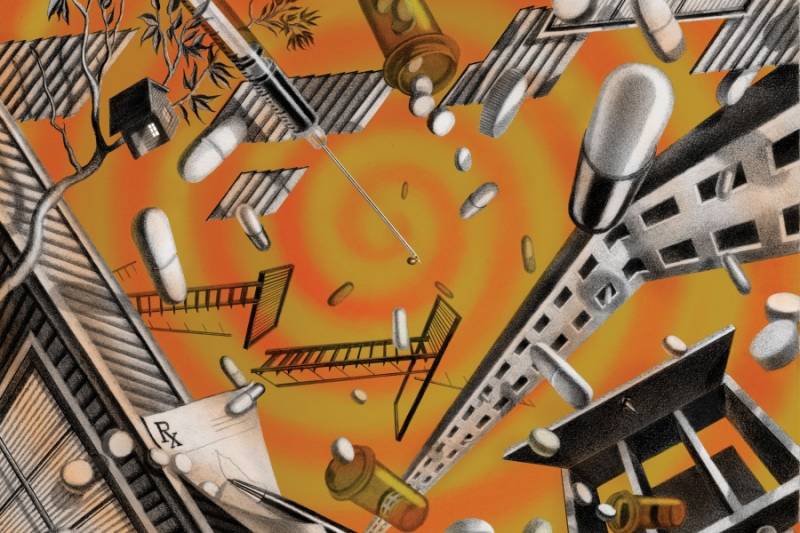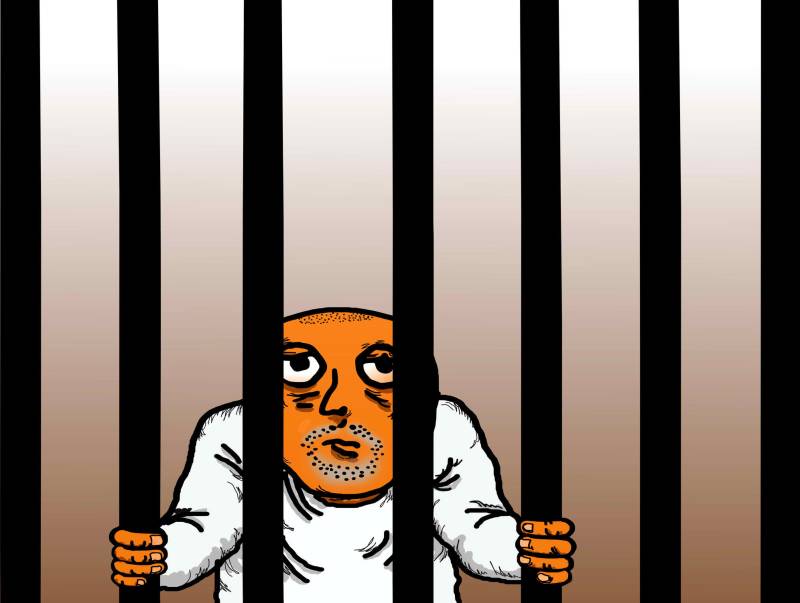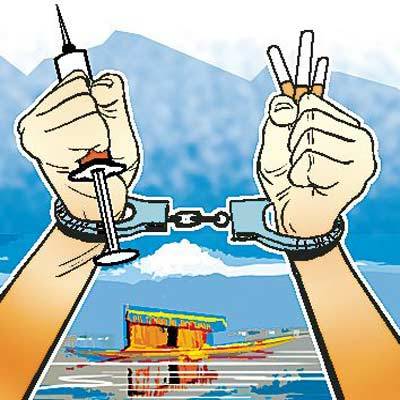By resolution 42/112 of 7 December 1987, the General Assembly decided to observe 26 June as the International Day against Drug Abuse and Illicit Trafficking as an expression of its determination to strengthen action and cooperation to achieve the goal of an international society free of drug abuse.
Supported each year by individuals, communities and various organizations all over the world, this global observance aims to raise awareness of the major problem that illicit drugs represent to society.
Listen First
Building on the success of last year, the theme for 2017 is: "Listen First - Listening to children and youth is the first step to help them grow healthy and safe." It is an initiative to increase support for prevention of drug use that is based on science and is thus an effective investment in the well-being of children and youth, their families and their communities.
The UN General Assembly held a Special Session (UNGASS) on drugs in April 2016. This Special Session marked an important milestone in achieving the goals set in the policy document of 2009 "Political Declaration and Plan of Action on International Cooperation towards an Integrated and Balanced Strategy to Counter the World Drug Problem", which defined action to be taken by Member States as well as goals to be achieved by 2019.
The outcome document recommends measures to address demand and supply reduction, and to improve access to controlled medicines while preventing diversion. The recommendations also cover the areas of human rights, youth, children, women and communities; emerging challenges, including new psychoactive substances; strengthening international cooperation; and alternative development. The text puts new emphasis on proportionate national sentencing policies and practices for drug-related offences, and features a strong focus on prevention and treatment.
International Drug Day in Pakistan
The magnitude of drug menace not only undermines global public health, socio-economic synopsis and international stability, it has also become an issue of National Security for Pakistan. Pakistan itself is a poppy free country, but its population became a victim of regional opiate production. We are facing the brunt of trafficking of opiates and cannabis from the West, precursors from the East and Amphetamine Type Stimulants from elsewhere.
Pakistan’s greatest asset, the youth that comprise 66% of the population and is our future, is the worst affected. Protecting our youth and the coming generation from the menace is inevitable for prosperous future of Pakistan. To protect our youth and our national security Anti Narcotics Force under the insight of Ministry of Interior, is working tirelessly in coordination with other law enforcing agencies of Pakistan.
Courtesy un.org
Published in Young Nation Magazine on July 1, 2017









